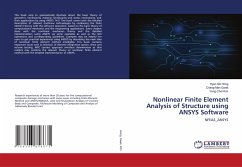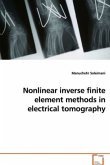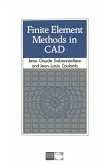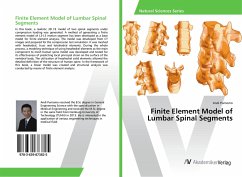This book aims to systematically illustrate about the basic theory of geometric nonlinearity, material nonlinearity and status nonlinearity, and their applications by using ANSYS 14.0. The book covers with the detailed description of relevant nonlinear technologies by combining the finite element theory with the software operation, based on the basic theory of computational mechanics and the engineering applications. Every chapter deals with the nonlinear mechanics theory and the detailed implementation using ANSYS via some examples as well as the GUI operations and corresponding guidelines. Examples may be helpful for users to get practical experiences using ANSYS by describing the main idea of nonlinear finite element method intelligibly. This book contains important issues such as selection of element integration option, shear and volume locking, MPC contact approach interface delamination so that readers may combine the relevant theory of nonlinear finite element method with the detailed implementation of ANSYS.
Bitte wählen Sie Ihr Anliegen aus.
Rechnungen
Retourenschein anfordern
Bestellstatus
Storno








